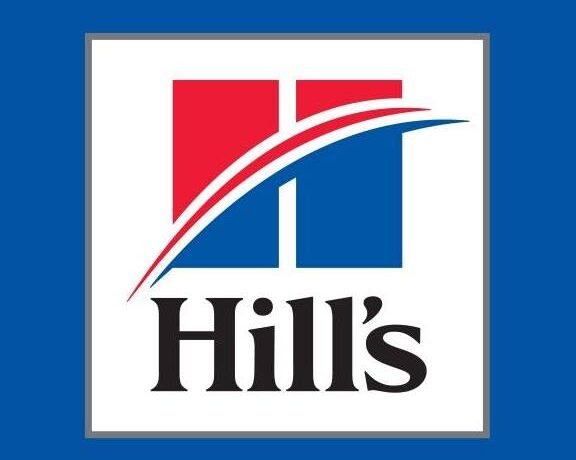Pet Insurance
Two Rivers Vets strongly supports the principal of pet insurance and recommends that all pets are insured for illness and injury. Vet bills for some conditions can run to thousands of pounds, especially if your pet has a serious illness or accident which requires referral to a specialist, or develops a chronic illness which needs long-term management and medication.
Sadly we often see cases where a pet owner has to compromise on treatment for their pet, as the best option is simply unaffordable. We are always happy to discuss alternative options for uninsured pets, but would strongly recommend that all owners consider taking out pet insurance to give peace of mind and access to the best possible range of treatment for their pet if needed.
Did you know - most vets and veterinary nurses have their own animals insured? Although we can treat our own pets in the practice, we too want to be able to access specialist diagnostic tests and advanced therapies if necessary.
Types of insurance policy
As a practice we recommend Agria Pet Insurance as the best pet insurance provider and best claims service, and can offer 5 weeks free insurance with Agria to all puppies and kittens (up to 18 months old). There are strict rules on advising clients about their choice of insurance company, and about advocating one insurance product over another, but we can give you a broad overview of the main types of insurance policies available from other companies.
Lifetime cover
Lifetime cover is the most comprehensive pet insurance on the market, and pays out to cover vets fees for ongoing issues throughout your pets life.
There is usually a maximum that will be paid out in any one year (either per condition, or overall for the year), but at the end of the policy year this is reset and you can go on claiming for the same condition every year, unless you cancel your policy.
It is the most expensive type of cover, but can be adjusted depending on the amount of cover you want (around £500 up to £12,500), and any excess you are prepared to pay.
Non-lifetime (annual) cover
Non-lifetime cover is less comprehensive and excludes certain conditions after you hit your claims limit, but is usually cheaper than a lifetime cover policy.
This type of insurance will pay out for a condition for a period of 12 months (or up to a maximum amount within the 12 months), but thereafter that condition will be excluded from future payouts (even if you renew your policy).
You will also find that you won’t be covered for this same condition if you change insurance companies, as pre-existing conditions must be declared and are almost always excluded from cover.
What else does insurance cover?
Pet insurance may also cover:
death by accident or illness
missing pet advertising and reward
overseas travel emergencies
emergency cattery or kennel fees
euthanasia, cremation and burial costs
dental disease
third party liability for dogs
Exclusions and points to note
most pet insurance providers exclude pre-existing conditions from any new cover
most do not cover illness starting in the first 14 days of your pet insurance policy
routine preventative healthcare such as vaccinations, neutering, flea, worm and tick treatments, nail clipping and dental care are excluded from pet insurance cover
any expenses that arise due to pregnancy, giving birth and treatment of any offspring are usually excluded
Please read the small print on any policy you are considering very carefully. The type of policy, amount of cover, excess (some policies have a fixed excess and some only pay out a percentage of the total bill), exclusions and other stipulations vary hugely from company to company. But so long as you are aware of the limitations of your policy, some form of insurance to help cover veterinary fees is generally always recommended.
Claiming on your insurance policy
Many veterinary practices have a policy of payment at the time, even for insured pets - the owner then needs to claim the money back from the insurance company. At Two Rivers Vets we are happy to help you by claiming directly from the insurance company on your behalf. At the time of treatment you must produce a valid insurance claim form and pay the excess - we will then claim the remainder of the bill from your insurance company. Please note that if the insurance company declines to pay out, for whatever reason, you will still be liable for the remaining balance.
Note: Two Rivers Veterinary Practice Limited is an Introducer Appointed Representative of Agria Pet Insurance Ltd who administer the insurance and is authorised and regulated by the Financial Conduct Authority, Financial Services Register Number 496160. Agria Pet Insurance is registered and incorporated in England and Wales with registered number 04258783. Registered office: First Floor, Blue Leanie, Walton Street, Aylesbury, Buckinghamshire, HP21 7QW. Agria insurance policies are underwritten by Agria Försäkring who is authorised and regulated by the Prudential Regulation Authority and Financial Conduct Authority.










